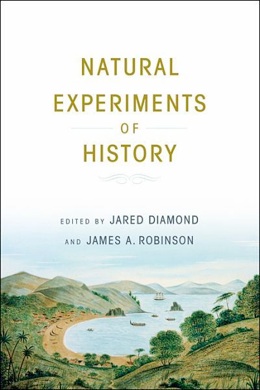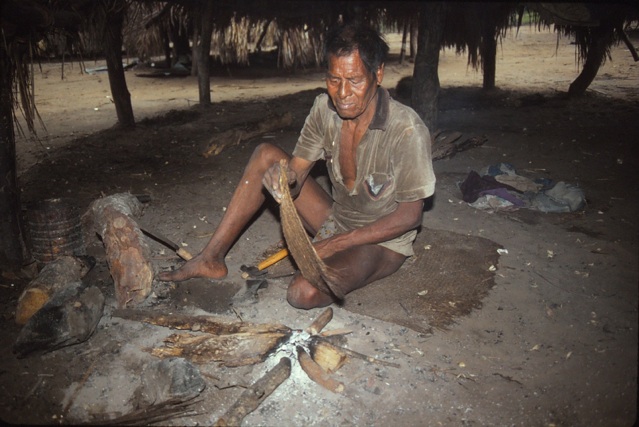Natural Experiments of History


A technique that often proves feasible and fruitful in fields off-bounds to manipulative experiments is the natural experiment or comparative method. That means comparing systems that are as similar as possible, except for differing with respect to the factor whose influence one wants to study. For example, my co-author James Robinson and his colleagues sought to resolve a question long debated by historians: were Napoleon’s conquests and institutional changes good or bad for the subsequent economic growth of the areas of Europe that Napoleon conquered? This is an important question of modern European history, and also one of practical interest today as politicians and foreign powers contemplate trying to help lagging national economies by drastically changing institutions. Of course, historians can’t resolve the question by using a time machine to sprinkle Napoleon’s armies at random across a map of Europe, waiting a few decades, and then measuring the economic outcome. However, history actually performed an approximation of this protocol, as a natural experiment: Napoleon imposed his changes in a geographically irregular patchwork across the area of modern Germany, depending on ephemeral strategic and dynastic considerations prevailing in each area of Germany at that time. By 50 years later, the Napoleonized areas of Germany scored higher than the non-Napoleonized areas on a measure of economic growth, and the differences are statistically significant.
Robinson’s and my book consists of seven chapters by seven authors or sets of authors, examining eight such natural experiments. The questions studied include Napoleon’s effect on European economic growth, the effects of the former slave trade on modern Africa, the effects of British colonial policies of land tenure on modern India, the course of population and economic growth in overseas European colonial frontier societies, and the causes of the varying degrees of deforestation on Pacific islands settled by Polynesians and other island peoples. A concluding chapter discusses different ways to “carry out” natural experiments, and the pitfalls and practical problems that they present. Here is a link to our book’s Prologue, in order to provide a more extended sense of the book’s contents.

An older Pume Indian man making arrow points. Another reason older people are considered valuable in traditional societies is that they serve as the best makers of tools, weapons, baskets, pots, and textiles. Photo credit: Karen Kramer.
Edited by Jared Diamond and James RObinson (Harvard University Press, Cambridge, MA, 2010)